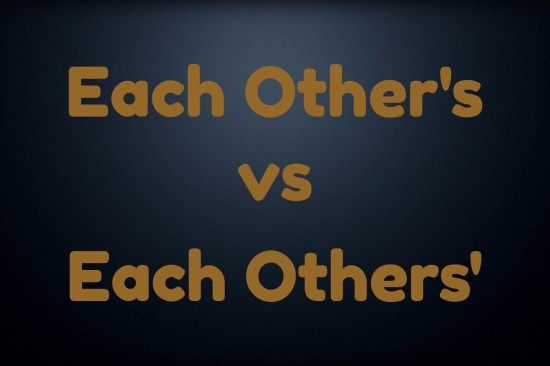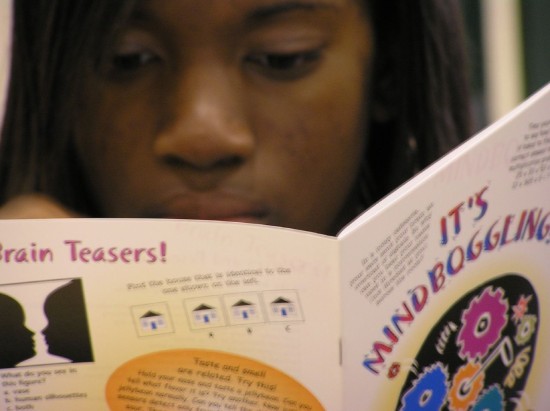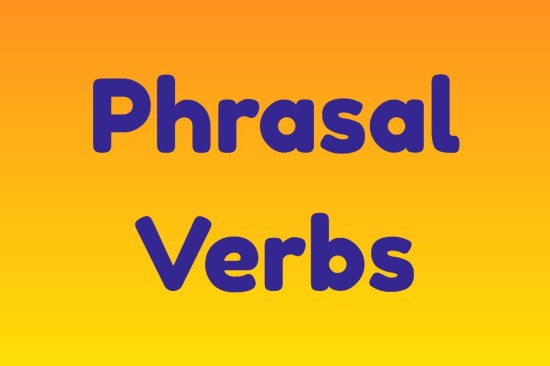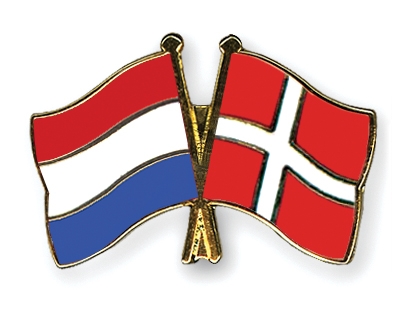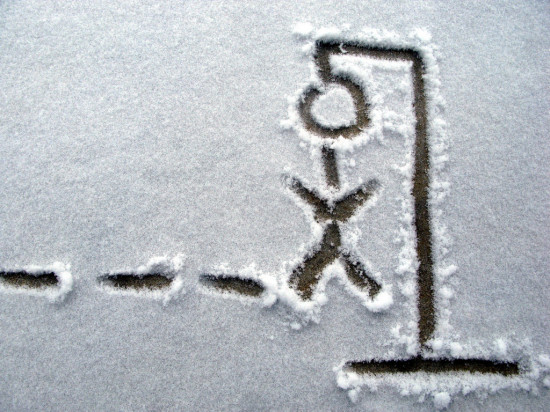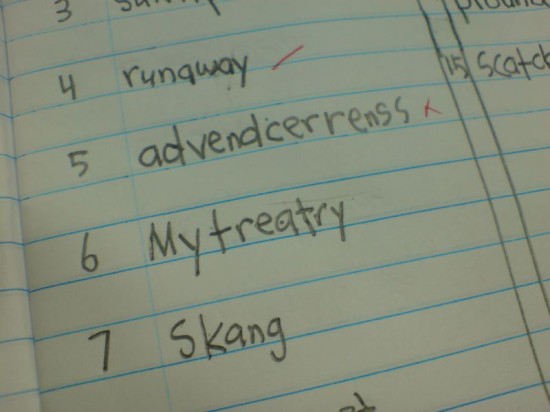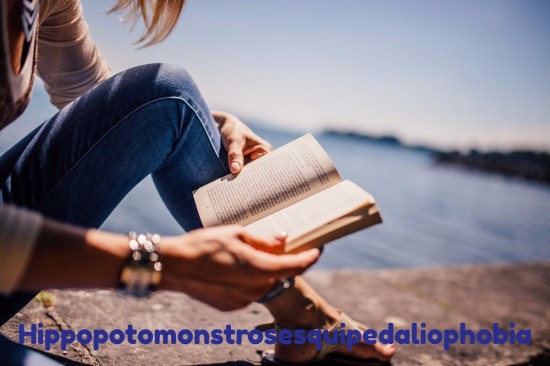“I look forward to hearing from you” vs “I am looking forward to hearing from you”
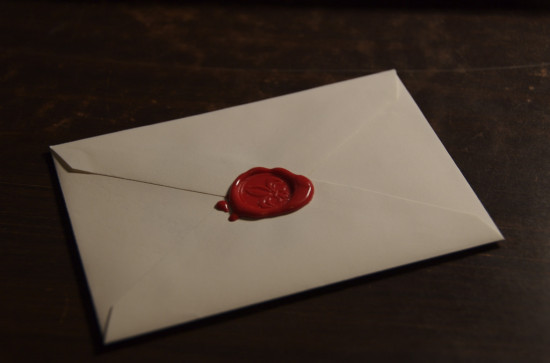
Should This Bother You?
Probably not. Nobody is going to brand you as illiterate because you choose one of these forms over the other as they both say basically the same thing. But if we’re going to enter the formal versus informal debate, I’d side with those who say “I look forward to hearing from you” is the formal version – and that’s not just because they seem to represent a majority and therefore the winning side!
Here’s why: if you say “I am looking forward to hearing from you,” you haven’t quite got the “ball’s in your court” message across strongly enough. Somehow, it seems to me, “I look forward to hearing from you” is a tiny bit clearer about who has to say something next. The former has a slightly greater nuance pointing towards how pleasant it would be to hear from someone, while the other is sharper, and the focus seems to be on the response you’re looking forward to getting.
Of course, that’s just my opinion. Authorities seem to disagree to disagree, and actually get quite heated arguing for one or the other.
Do Apostrophes Make Everything More Friendly?
There are those who say “I am looking forward to hearing from you,” is still formal, whereas using the apostrophe to make “I am” contract into “I’m” is the informal way of expressing the hope that someone is going to get back to them.
I expect most people will be ready to agree that contractions like “I’m” are more informal than the full versions of the words. Again, I can’t argue against the reasoning behind this argument while still believing that the “I am” version places more emphasis on “looking forward.”
Getting It All Mixed-Up
Since these phrases are so similar in their meaning, some people mix up the tenses: “I am looking forward to hear from you,” is a common error. As soon as “look” gets an “ing” suffix, the next verb has to have an “ing” too. Thank goodness it does. English is confusing enough without mixing things up.
Nobody Can Quite Put a Finger on It
After browsing numerous articles, forums and other interesting places on the Internet, I came to this conclusion: most people agree that “I look forward to hearing…” is more formal and urgent than “I am looking forward to hearing…,” but none of them can quite say why.
Since there doesn’t appear to be a definite answer to this question, what’s your opinion on it? More specifically, why do you feel this way? Let us know your reasons you feel one is more formal than the other.
(Photo courtesy of Justin Henry)

